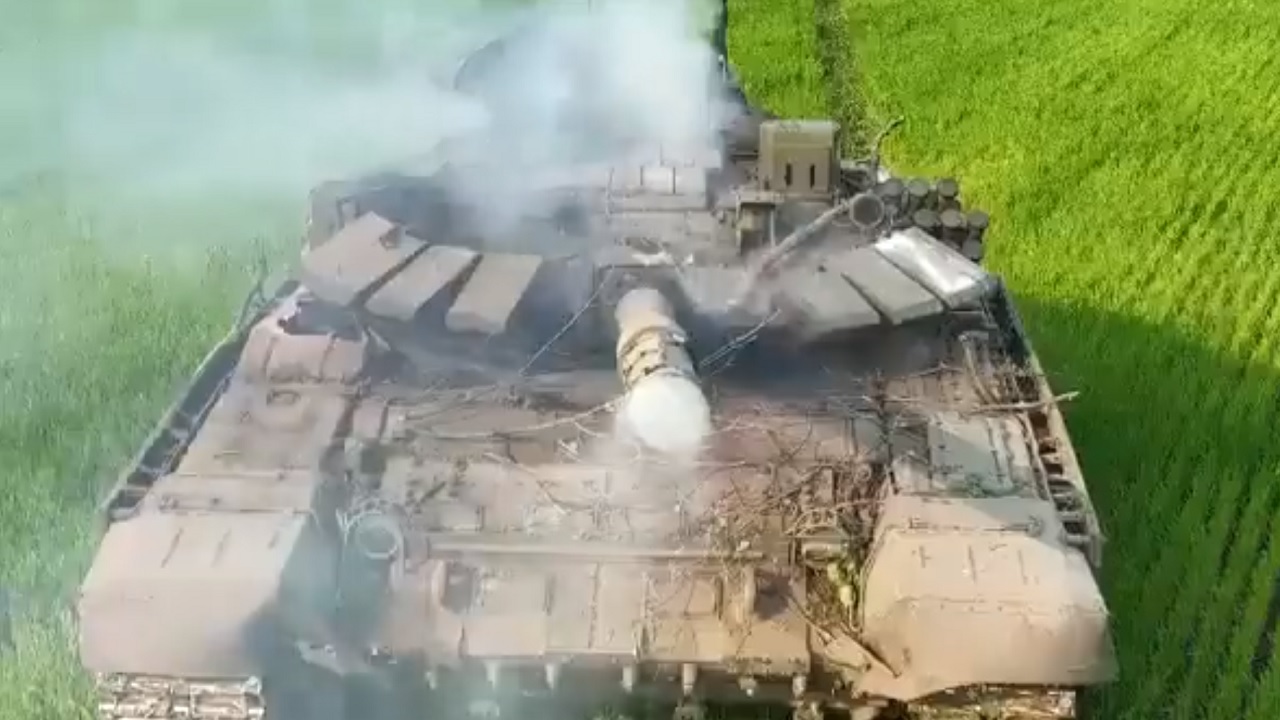There is still no guessing how, when, or why peace will come to Ukraine. Perhaps Kyiv’s much-hyped spring offensive will result in the collapse of Russian military positions and the reconquest of all occupied territories. Alternatively, the warring parties might agree to a ceasefire that freezes the conflict and sets the stage for protracted negotiations over the division of Ukraine and its beleaguered population. Or maybe the war will rage on for years to come, only ending when one or both sides are utterly exhausted.
Whatever happens, peace in Eastern Europe will be fleeting unless it is underpinned by a stable regime of deterrence. In basic terms, this means that any post-war settlement between Russia and Ukraine will only hold if both sides can be dissuaded from using the force of arms to seek a better deal in the future. Sadly, it is hard to envisage what such a settlement might look like in practice, a grim reality that ought to temper expectations of lasting peace any time soon.
To begin, consider that any peace agreement—whether a temporary ceasefire or a permanent settlement—will be fundamentally intolerable from Ukraine’s perspective unless it mandates the liberation of all occupied territories, including Crimea and the Donbas. The point here is that, far from laying the foundations of permanent peace, concessions made to Russia while under duress are almost certain to sow seeds of indignation, anger, and revanchism in Ukrainian society. Even if they accept the partition of Ukraine as a short-term measure to stop the bloodshed, leaders in Kyiv will surely face domestic pressure to reclaim lost territories if ever the opportunity arises in the future.
But Russia, too, seems highly likely to end the war feeling dissatisfied with the outcome. After all, Vladimir Putin launched his invasion of Ukraine with maximalist goals in mind. It has been a humiliation for him that Russia’s decrepit military has failed to capture Kyiv, depose President Zelensky, or coerce Ukraine into tilting toward Russia. If Putin exits this war with less than he once thought possible, he might well view another war as preferable to an inglorious peace.
The upshot is that, when peace comes, both Ukraine and Russia might face considerable incentives to restart the war as a means of securing better terms than they managed to get during the first round of fighting. The only way to prevent either side from resuming hostilities will be to convince them that renewed warfighting will be prohibitively costly. How can this be done?
There are no easy solutions. It might be assumed that Russia has the least to fear from a revanchist Ukraine, given that Moscow’s nuclear arsenal and still vast (if depleted) conventional forces comprise a powerful set of deterrents. From this view, Ukraine might chafe at having to make territorial concessions to Russia, but Ukrainians will hardly be in a position to act upon their resentments without facing punishing consequences. Yet even if the Ukrainian government could be convinced to accept a cold peace with Russia, this would be no guarantee against irregular forces (freedom fighters) waging a guerilla war against the Russian occupiers of ceded territories. As the Colombian novelist Gabriel García Márquez is said to have mused, “it is easier to start a war than to end it.”
Leaders in Kyiv, of course, will be even more wary of trusting Russia to keep the terms of any future peace agreement. Putin swore blind that he had no plans to attack Ukraine but then ordered a massive and merciless invasion regardless. How can Ukraine be sure that Russia will not do the same thing again? What could possibly reassure the Ukrainian people that Putin—an unconstrained tyrant who denies their state’s legitimacy and calls them Nazis—has given up on his ambitions to crush them? Certainly, nothing Moscow says will carry any weight.
By deduction, it will fall to outside powers—third parties—to help Russia and Ukraine overcome these paralyzing issues of mistrust and perceived injustice. So far, however, no third party—not the United States, not the European Union, not NATO, and not China—has offered any solution to the fundamental problems of peacemaking described above. The West insists that Ukraine can and must eject Russian forces from Ukrainian territory, but has conspicuously failed to join such hopes for a short-term victory with a credible plan for long-term peace. China, meanwhile, talks a good game regarding sovereignty and territorial integrity, but has conspicuously refused to use its considerable leverage over Moscow to ensure that Ukraine’s rights under international law are respected.
The cold reality, perhaps, is that no government wants peace per se—not Moscow, not Kyiv, and not any of the relevant outside powers. All governments want peace on their preferred terms. Right now, both Ukraine and Russia believe that they enjoy a strong chance of securing a better long-term settlement through fighting rather than talking. No outside power has the desire or capability to convince the belligerents that they are wrong.
When will these calculations shift? When will the killing give way to diplomacy and accommodation? Only when the warring parties come to view stopping the war as compatible with the preservation of their core national interests. As of now, such changes in perception are desperately hard to imagine.
MORE: Why Putin Fears the M1 Abrams Tank
MORE: I Went to War in the Leopard 2 Tank Ukraine Wants
Dr. Peter Harris is an associate professor of political science at Colorado State University, a non-resident fellow at Defense Priorities, and a contributing editor at 19FortyFive. Follow him on Twitter, @PeterHarrisCSU.

